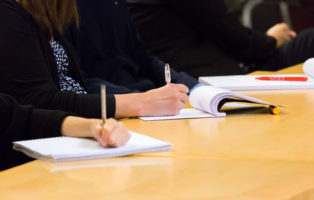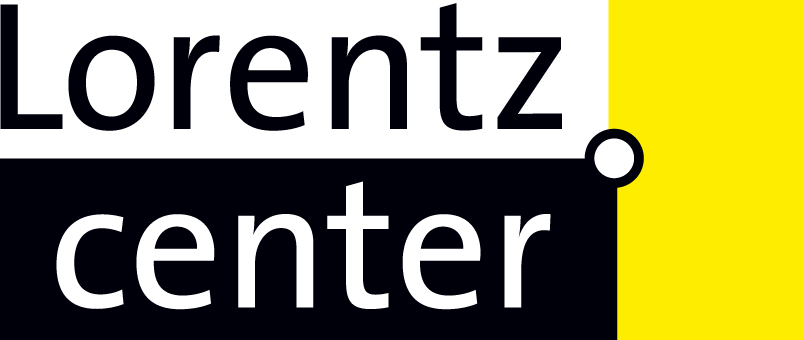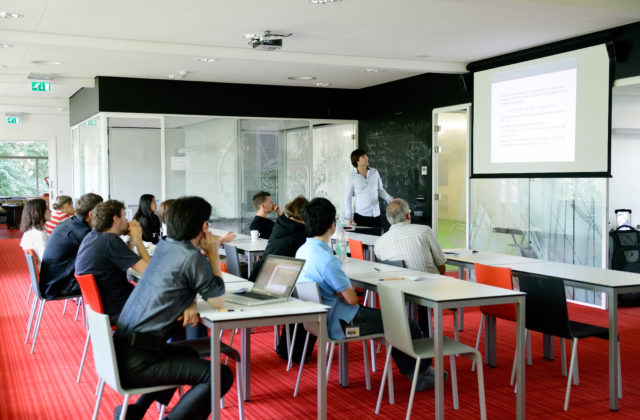
Lorentz Center
Partner
Lorentz Center workshops focus on new collaborations and on interactions in highly diverse groups of researchers. The Lorentz Center endorses diversity of scientific viewpoints, geographic origin as well as seniority, gender and culture.
The prevailing meeting format at the Lorentz Center is its workshops, where groups of researchers meet to discuss the latest scientific developments. The center also welcomes different meeting formats or combinations of formats, like study groups, consortia meetings, industrial teams and hands-on workshops.
The number of workshops at the Lorentz Center has steadily increased. In 2015, the Lorentz Center expanded its workshop program with mono- and multidisciplinary workshops in the social sciences & humanities (SSH) without the requirement to include components of the natural & technological sciences.
NIAS-Lorentz Partnership
In 2005, the directors of NIAS and the Lorentz Center took the initiative to set up the NIAS-Lorentz Program, aiming at bringing together perspectives from the humanities & social sciences with the natural & technological sciences. NIAS and the Lorentz Center share the philosophy that scientific innovation thrives on interaction between creative researchers.
An advisory board was installed and in 2006, the first interdisciplinary individual Lorentz Fellows arrived at NIAS, and the first NIAS-Lorentz workshops at the Lorentz Center were held. In the following years, the Distinguished Lorentz Fellowship (DLF) was introduced and then, in 2011, the individual Lorentz fellowships were replaced by the Theme-Group Fellowships (NLTG) as a way to encourage researchers from various disciplines to combine forces. The aim is to continue and strengthen the NIAS-Lorentz partnership in the coming years.
NIAS-Lorentz Program
The NIAS-Lorentz Program currently consists of three activities:
- Distinguished Lorentz Fellowship (DLF)
- NIAS-Lorentz Theme-Group Fellowships (NLTG)
- Workshops at the Lorentz Center (NLW)
The NIAS-Lorentz advisory board oversees the activities of the program.
For more detailed information about the program, please visit
-

-
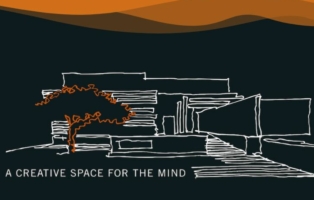
-
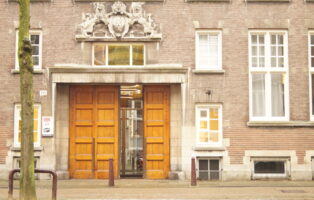 Co-sponsors
Co-sponsorsMeertens Institute
-
